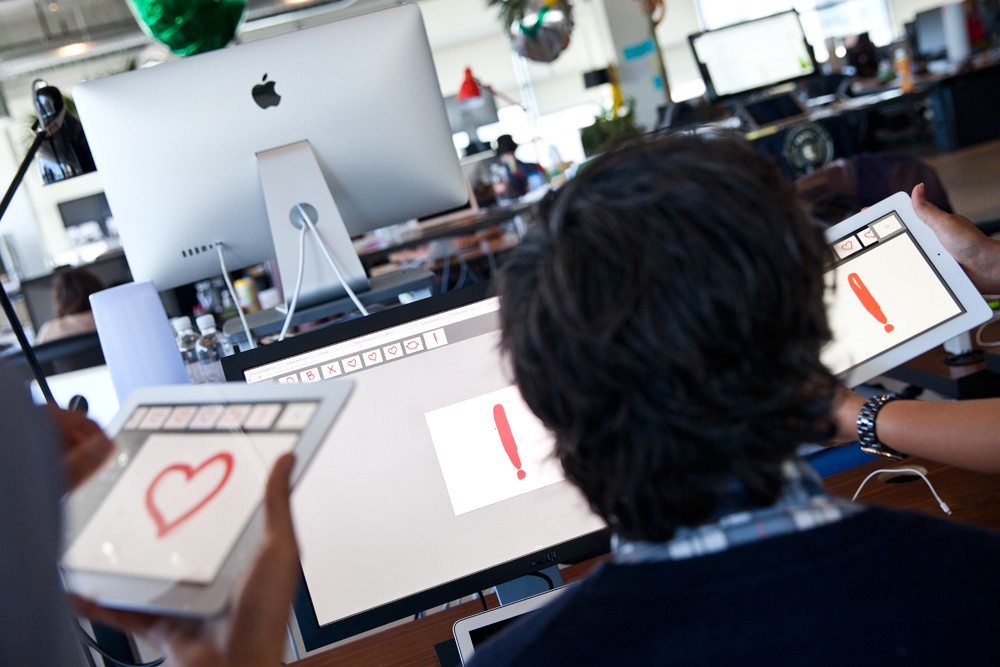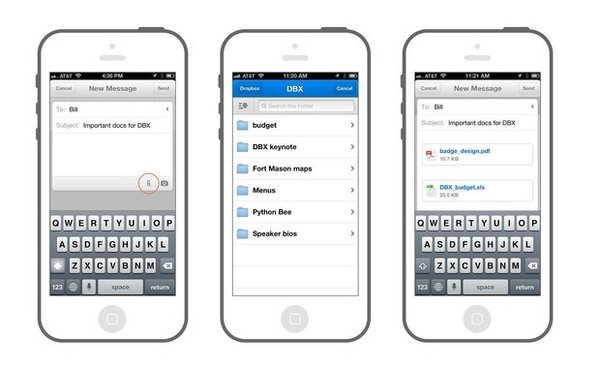Yesterday Dropbox kicked off its first developer conference since launching in 2008 by announcing a new set of APIs designed to better integrate the service with every app on every device you own. Two APIs were specifically mentioned during the event, Datastore and Drop-ins, which aim to transform Dropbox into a platform that enables a pervasive data layer, or the "spiritual successor to the hard drive."
Although apps have long allowed files to be stored locally on users' Dropbox, the company is now giving developers the option to store other app data directly on their servers. This makes things more transparent for users and gives developers a additional benefits when it comes to synchronisation, with the option to work both online or offline and automatically resolving any conflicts when changes are made on multiple devices.
Dropbox says this is the easiest way to keep an app's structured data, like settings, bookmarks, and game save state, in sync across multiple devices. That's similar to what iCloud does already but the key here is cross-platform compatibility. In other words, if Dropbox has its way, you will be able to start playing Angry Birds or any other game on your iPad and pick up where you left off on your Galaxy S4. The idea is to free apps from their iOS/Android dependence and let you work seamlessly on any device you own or might switch to in the future.

Image source: Wired
During a demo of the Datastore API, Dropbox's Ruchi Sanghvi showed a proof-of-concept drawing app that stored any changes made to the canvas on a Mac and displayed them in near-realtime on the iPad and web.
"Nobody talks of their content anymore as my files and folders," Sanghvi said. Instead, we talk in terms of the content itself: photos, videos, music, games. But there's still a place for the traditional paradigm of working with files. With the Drop-ins API, developers can implement open and save buttons into their apps, allowing users to browse their Dropbox folders much in the same way they would on their desktops. The much-hyped Mailbox email app, bought by Dropbox for $100 million earlier this year, is among the first to implement this.

During the keynote, Dropbox CEO Drew Houston said the service now has more than 175 million users, built-in support from some 100,000 apps and more than a billion files saved each day.